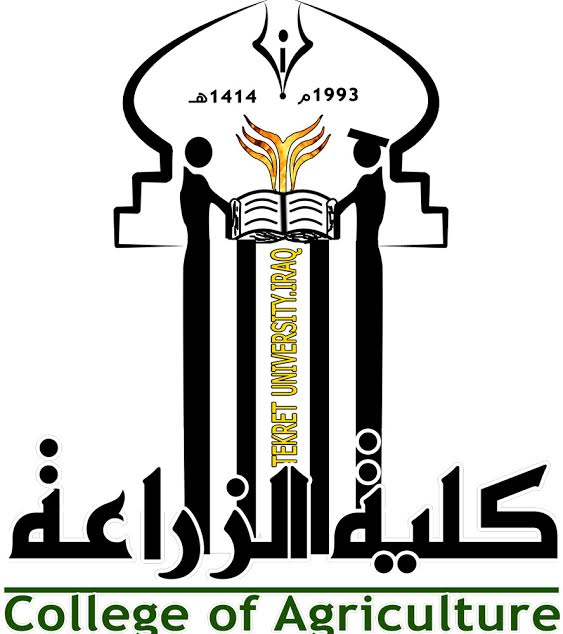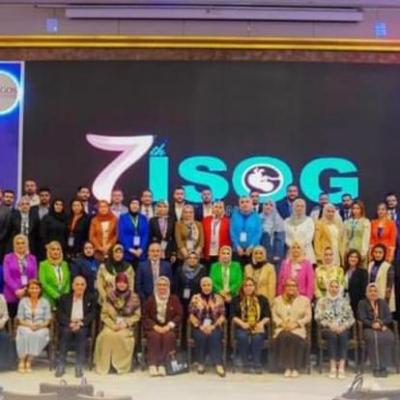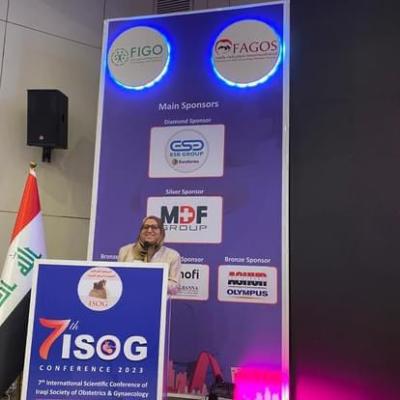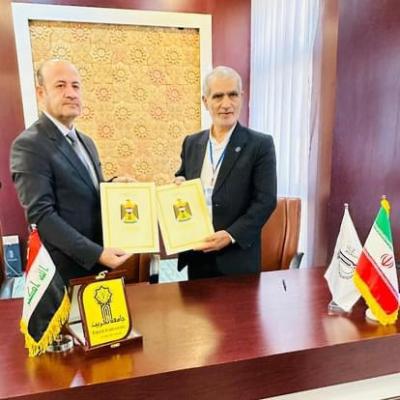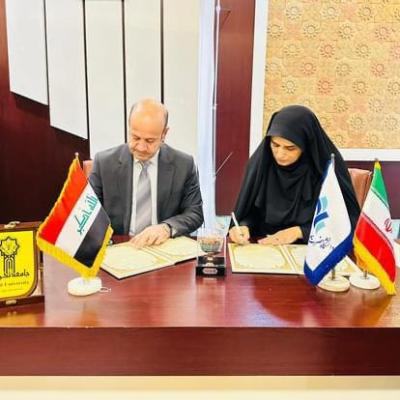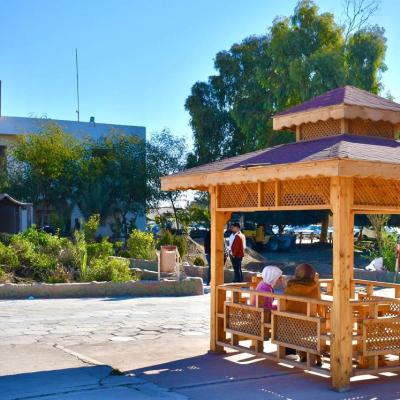Under the patronage of Prof. Dr. Waad Mahmoud Raouf, President of Tikrit University, and under the supervision of Assistant Professor Dr. Sami Khudhur Saeed, Dean of the College of Agriculture, and Assistant Professor Dr. Sayyaf Abdul Hussein, Director of the Center for Continuing Education—and in collaboration with the Center for Continuing Education—the College of Agriculture organized its weekly seminar for newly appointed faculty members entitled:
“Effective Strategies for Defending Theses and Dissertations.”
The seminar addressed several effective strategies, including:
-
Mastering the content of the thesis/dissertation: This is the foundation. Researchers must be thoroughly familiar with all details of their work, including objectives, methodology, results, and conclusions, and be able to clearly and accurately explain any part of it.
-
Anticipating possible questions: Participants were encouraged to think about potential questions from the defense committee, review possible weaknesses or limitations in the study, and identify areas that may require further clarification. Conducting mock questioning with peers or supervisors was also recommended.
-
Preparing a concise summary and effective presentation: A clear and persuasive summary highlighting key points, major findings, and the research contribution should be prepared. A well-structured and engaging visual presentation (e.g., PowerPoint) was recommended to support the defense, with emphasis on clarity, organization, and timing.
-
Organizing materials and potential responses: Faculty were advised to prepare copies of their dissertation/thesis, key references, and visual aids. They should focus on developing clear and concise answers, relying on understanding the main ideas rather than memorizing texts.
-
Practicing the defense: Mock defenses with supervisors or colleagues were recommended to help simulate the actual environment, improve presentation and answering skills, manage stress, and identify strengths and weaknesses.
